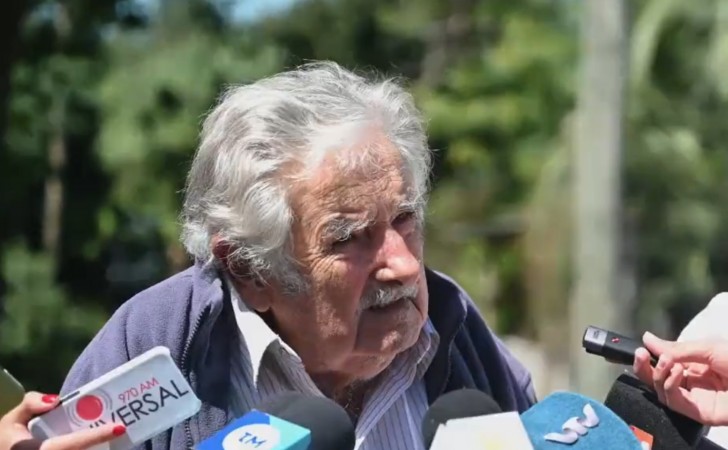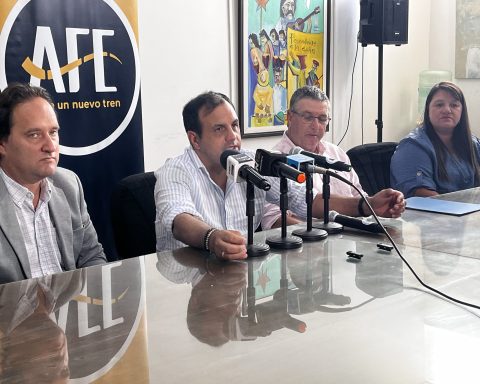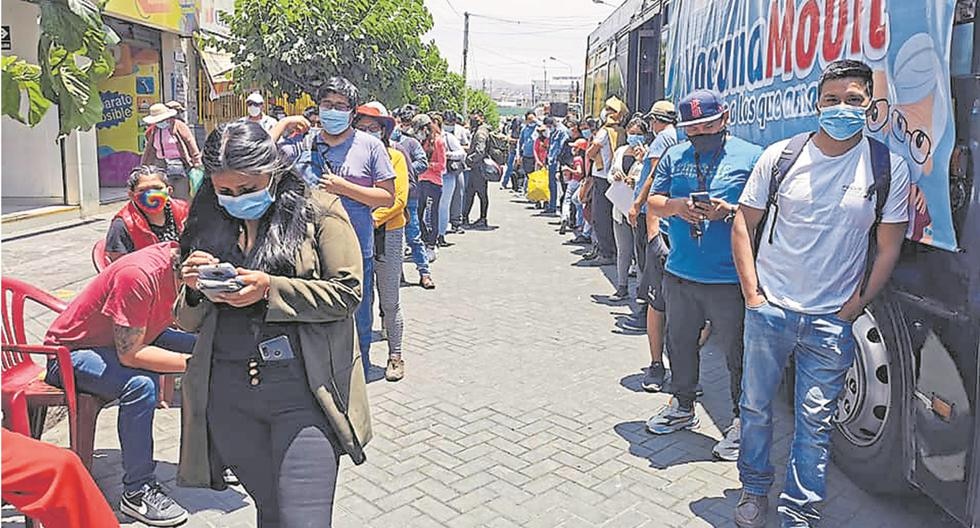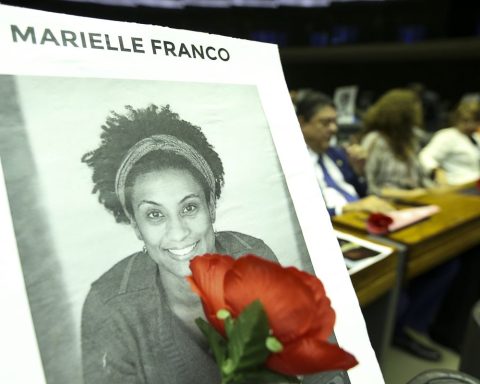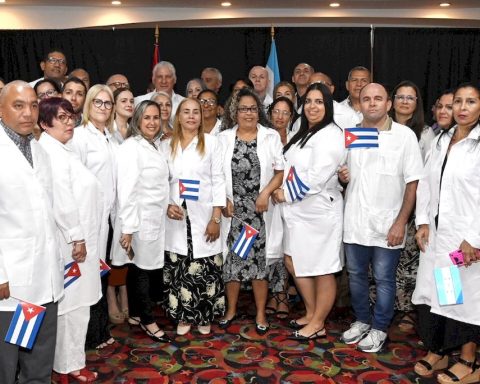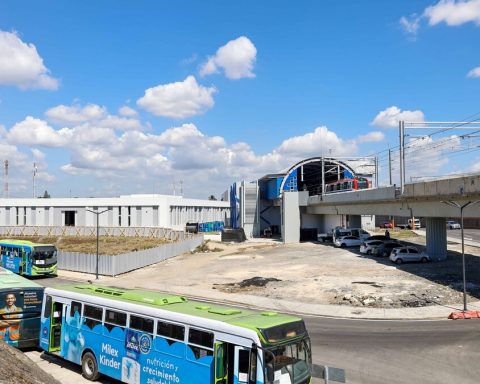“70% of the people in this country live on their salaries and pensions that fell during these two years, but there were people who multiplied their savings capacity, exceeding 9 billion dollars during this time. That is the concentration of wealth in Uruguay»
? Vote yes pic.twitter.com/6cUsGfuYS9
— Broad Front (@Frente_Amplio) March 12, 2022
The former president of the Republic, José Mujica, was approached by the press this Saturday, March 12, after a meeting with delegates from the Education International, and spoke of various issues, among which agriculture stood out. According to the former senator, in March the wheat is already harvested, stored and marketed, “it is like that for the old price, but they charge you the new price; so something can be tempered, because there is money that is speculation.
Mujica sees speculative behavior when selling prices are adjusted, despite the fact that the wheat harvest was three months ago. In the case of soybeans, the situation is different because the harvest has just started.
While the purchasing power of a large part of the citizenry has decreased, “for some it was spectacular,” the former president remarked, “however, the mass of the people is stagnant.”
“They support the police a lot, they say, but they lowered their salary, brother…, and that cannot be hidden, because I can give you a lot of moral support, but what about your pocket? And I am an old man and I have memory: the only police strike was when these ‘crazy people’ ruled”, he added.
education and budgets
Mujica sees with concern the cut in educational budgets because “education cannot be fixed with money, but without money it cannot be fixed either, and the education budget has dropped.”
“Maybe we spent badly, surely. But the problem of education is of the whole country. This town has to defend education and public education is the place where we begin to be equal. You have to remember Varela”, he added.
“If the teachers don’t comply, you have to squeeze the teachers. But the State too, has to be put. And we citizens have to commit it and take care of it. It is our collective capital. And sometimes I see a lack of commitment,” he continued.
